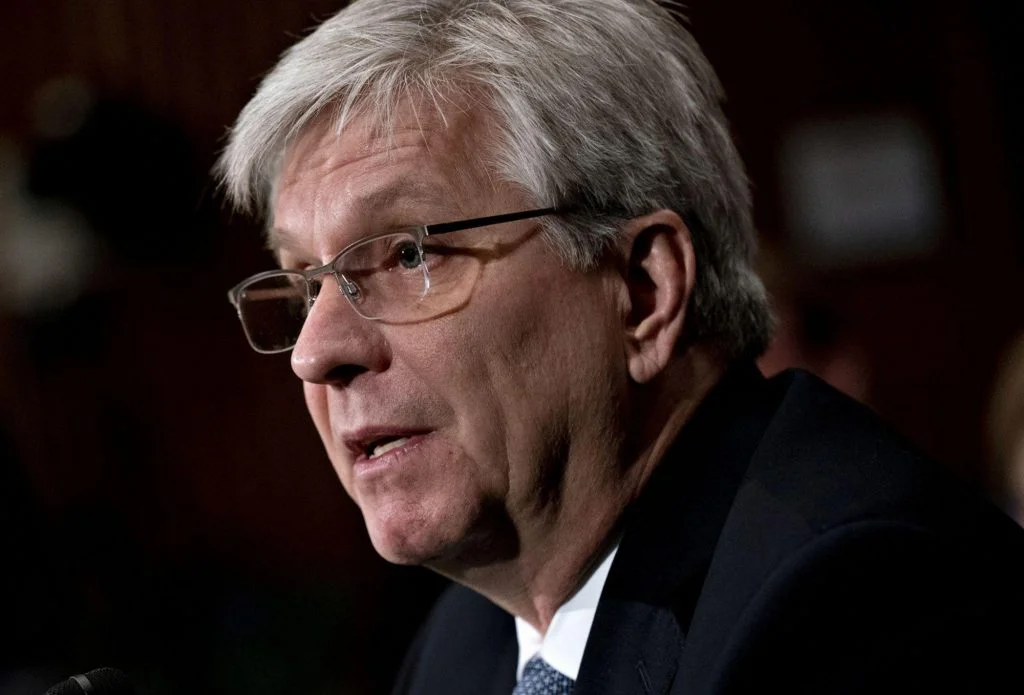Chris Waller, a member of the Federal Reserve System’s Board of Governors, appears to believe a central bank digital currency (CBDC) is not needed and will also not fix the existing problems.

Today, Waller told Michael Strain of the American Enterprise Institute that he was “very suspicious” of a central bank digital currency that would fix problems with present payment systems.
He believes that the US government should only interfere with a viable digital solution if major market failures occur.
“As of now, I’m not confident that a CBDC would fix any existing problem that isn’t being addressed more quickly and efficiently by other initiatives,” Waller said.
He continued, “
“The private sector is already developing cheaper payment alternatives to compete with the banking system, hence it seems unnecessary for the Federal Reserve to create a CBDC to drive down payment [systems] we see by banks […] Facilitating speedier payments is not a compelling reason to create a CBDC.”
The Fed governor stated specifically that he feels the government should not compete with the private sector because the potential benefits of a CBDC could be overshadowed by privacy issues, and it would likely not address the issue of financial inclusion or drive faster and cheaper payments.
According to a 2019 poll conducted by the Federal Deposit Insurance Corporation, barely 1% of families in the United States are both unbanked and interested in using a CBDC.
Waller, on the other hand, highlighted reservations about potential CBDC designs that would give the Fed access to “a large quantity of information” from account holders.
The system, according to the Fed governor, would make it a tempting target for hackers and would be more analogous to China regulating how it watches its residents’ digital yuan transactions.
“A CBDC remains a solution in search of a problem.”
Waller’s remarks come two months after Federal Reserve Chairman Jerome Powell announced that the government agency would issue a discussion paper on CBDCs in the United States, inviting the public to comment “on issues related to payments, financial inclusion, data privacy, and information security.”
Powell stated that the document would be released this summer, allowing the Fed around six weeks to complete it.
Unlike Waller, Powell has been more reserved in his public views on CBDCs, frequently stating that it is more vital “to get it right than to be first” when it comes to launching a digital currency.
Robert Kaplan, the president of the Dallas Federal Reserve, said in November that the Fed’s focus on building a digital currency is “important.”
When comparing a central bank-issued digital currency to cryptocurrencies like Bitcoin, several US senators have come out in favour of CBDCs (BTC).
Senator Elizabeth Warren, a Democrat, said the tokens had “huge promise” in June, calling CBDCs “genuine digital public money” that might supplant “bogus digital private money” like cryptocurrency.
